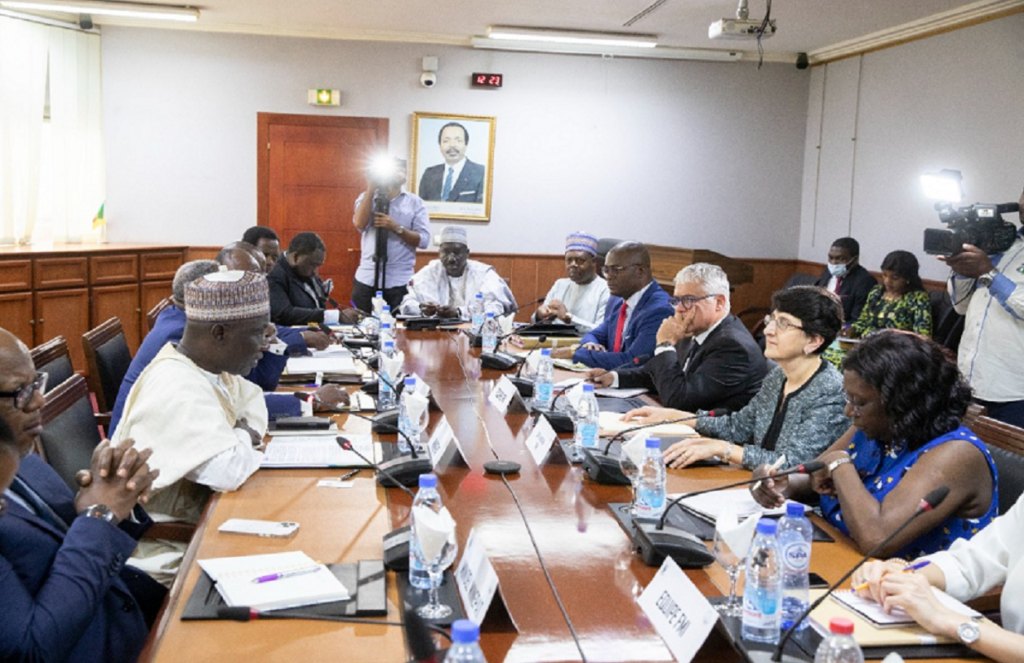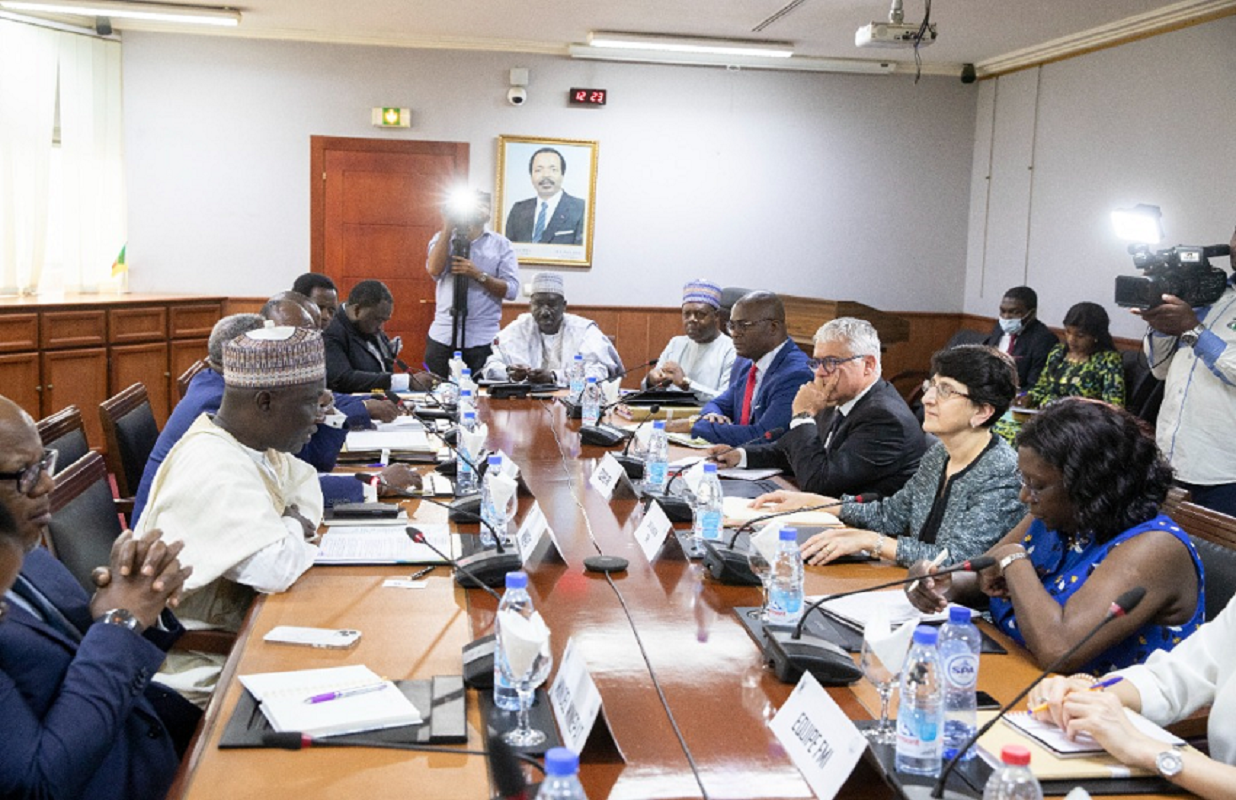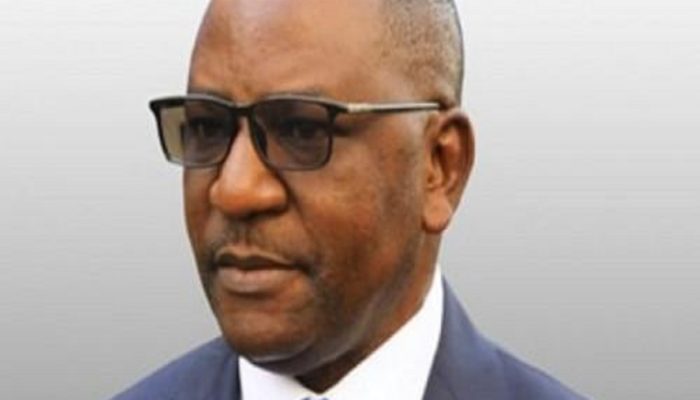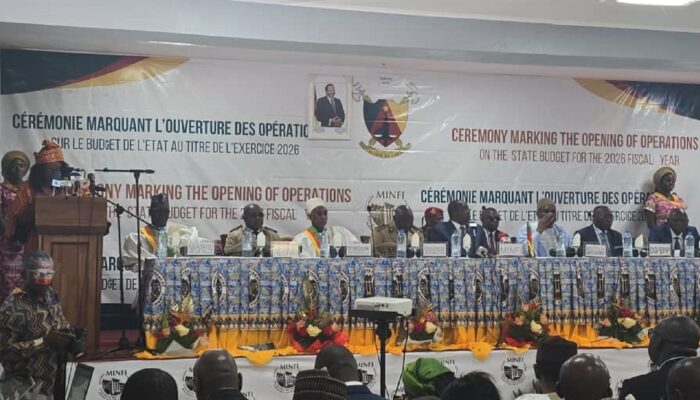As part of the 8th review of the IMF-supported Economic and Financial Program, an assessment mission is underway in Cameroon. The objective is to assess the country’s economic performance and identify reforms that need to be completed to strengthen macroeconomic stability and resilience to climate and structural shocks.
Since May 2, 2025, a mission from the International Monetary Fund (IMF) has been in Cameroon to conduct the eighth review of the Economic and Financial Program supported by the Extended Credit Facility (ECF) and the Extended Credit Mechanism (EFF), as well as the third review of the program supported by the Resilience and Sustainability Facility (RDF). This mission, led by Cemile Sancak, began with a strategic meeting at the Ministry of Finance with Minister Louis Paul Motaze and his senior staff. Discussions focused on the remaining economic reforms to be carried out before the program is completed by the end of 2025, as well as on the overall assessment of public financial management.

Clear priorities and targeted objectives
The mission’s agenda also includes a meeting with the Ministry of Economy. The agenda includes the performance of the FEC-MEDC-FRD tripartite program, the medium-term economic outlook, and the implementation of the National Development Strategy 2030 (NDS-30). Discussions will also focus on debt strategy, the selection and monitoring of investment projects, and their adaptation to climate change.
Focus on the banking and monetary sector
On the financial front, the mission has planned discussions with the Bank of Central African States (BEAC) to assess the implementation of monetary policy. A meeting with the Association of Credit Institutions of Cameroon (APECCAM) will examine the economic credit situation, banking liquidity, financial markets, and the business climate. Challenges such as financial inclusion and private sector financing will also be addressed.
Public enterprises: under the scrutiny of the IMF
The IMF will focus on certain strategic companies, notably SONARA and SODECAO. The institution will assess the outlook for the cocoa sector and provide an update on SONARA’s restructuring study, its debts, and the viability of its financing plan for 2025–2026. Discussions will expand to other public companies such as SNI, CAMTEL, CAMAIR-Co, CAMWATER, and the Autonomous Port of Douala, particularly with regard to governance, performance, and the settlement of cross-debts.
The energy sector in the crosshairs
Finally, the IMF mission will review the energy sector, with a focus on the commissioning of the Natchigal Dam. It will assess its impact on electricity supply, power outages in 2025, and the outlook for alternative energy sources. ENEO’s financial situation and the sector’s financing needs will also be a focus of discussion.
This mission, which will end on May 8, 2025, comes at a crucial time for Cameroon, two months after the IMF disbursed $126 million. It will provide a comprehensive assessment of the ongoing tripartite program and better prepare for future stages of cooperation between the country and the Bretton Woods institution.






